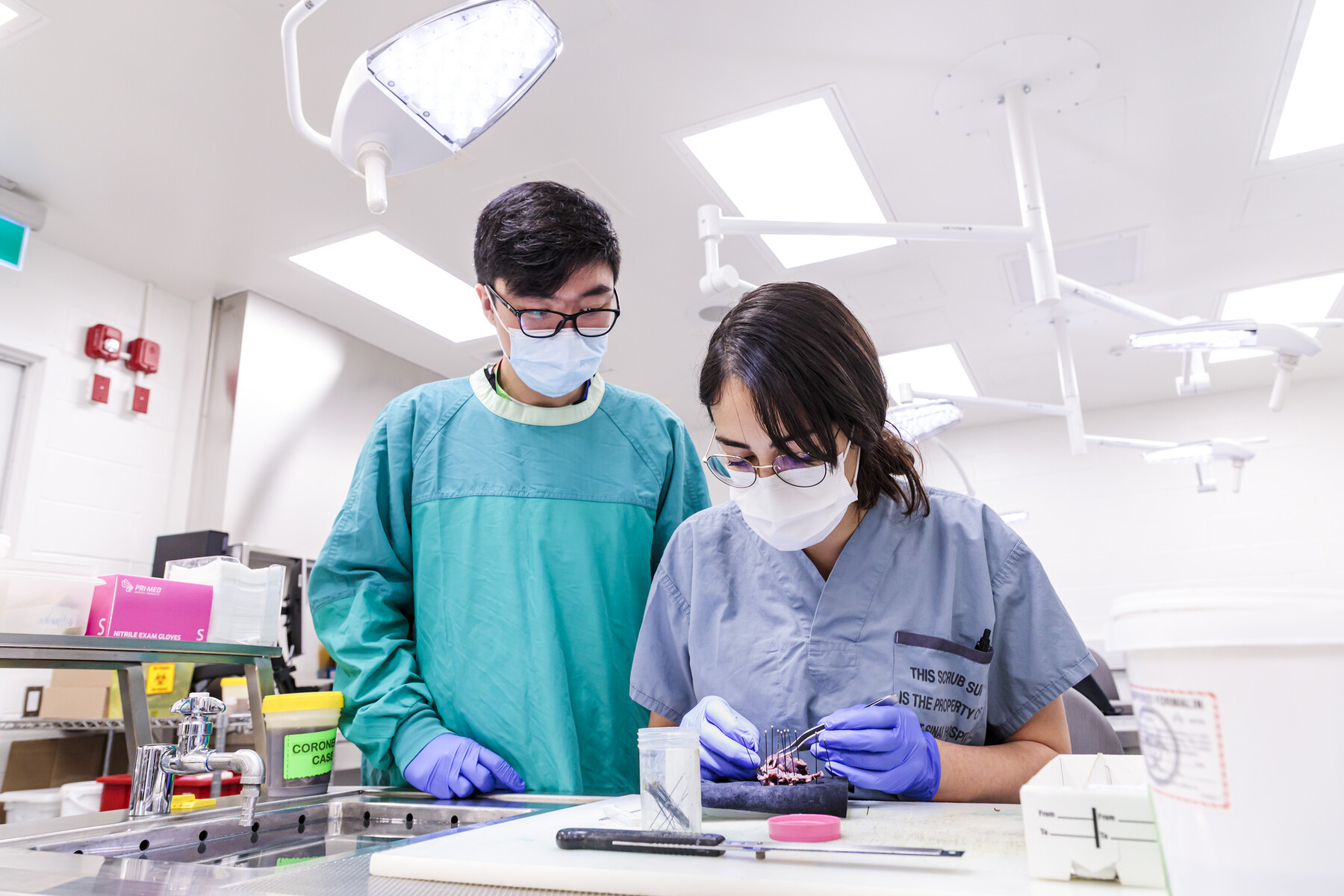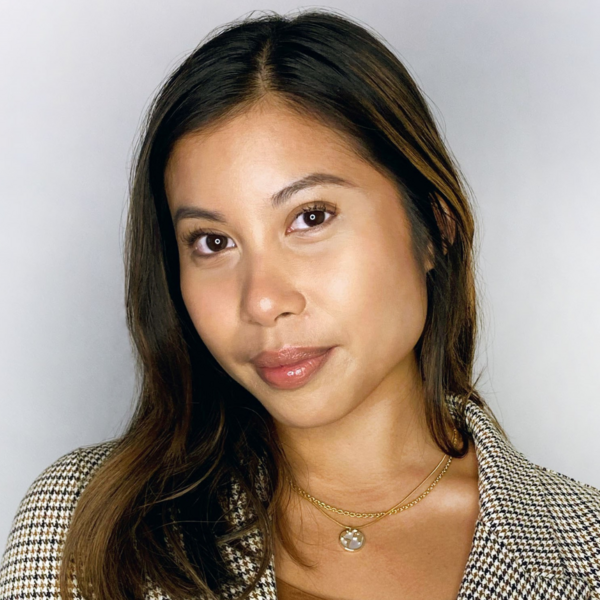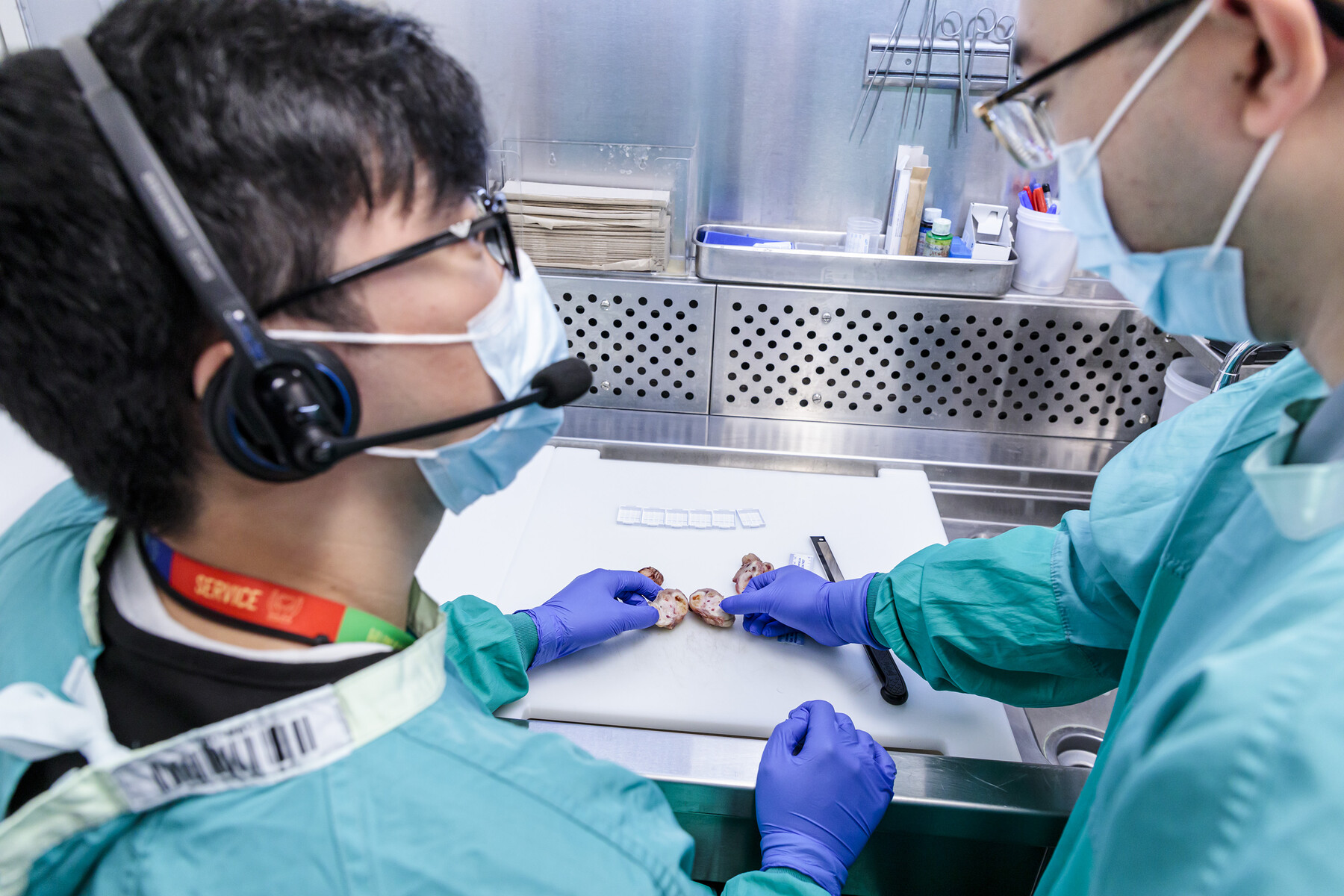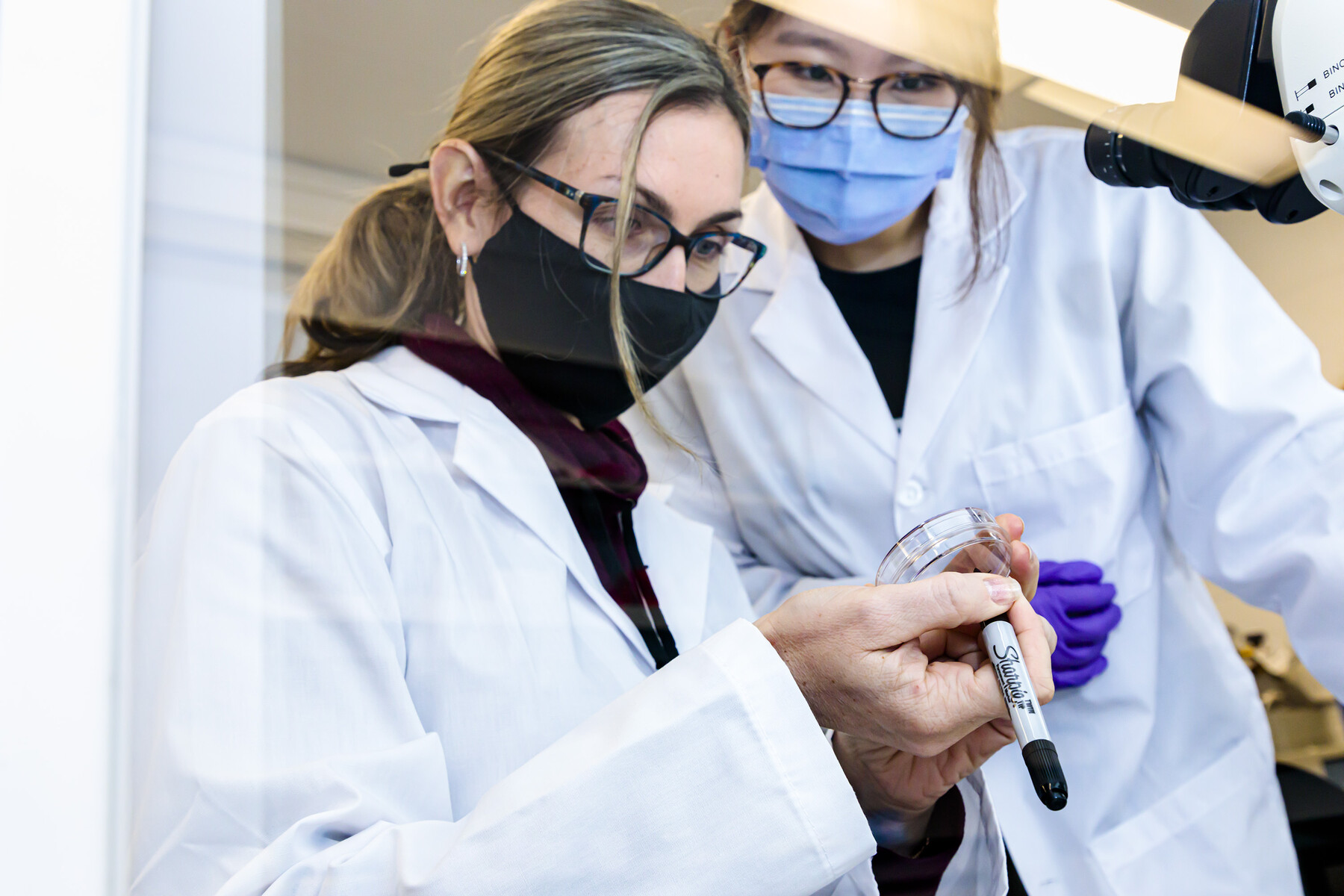
Main Second Level Navigation
Breadcrumbs
- Home
- Future Students
- Graduate Education
- Explore our Graduate Programs
- Professional Masters
- Laboratory Medicine
Laboratory Medicine
MHSc
Our Program
The Department of Laboratory Medicine and Pathobiology (LMP) in collaboration with the Department of Obstetrics and Gynecology (OB/GYN), offers a two-year, full-time professional MHSc program to educate clinical laboratory scientists in one of two fields in Laboratory Medicine: Pathologists’ Assistant (PA) or Clinical Embryology (CE).
This unique program requires students to take 9.5 FCE*. The goal of the curriculum is to train you in the practical aspects of laboratory work in these fields, and teach critical thinking and research skills that will position you to advance in these fields of laboratory medicine. You will apply your knowledge to finding solutions to complex problems and resolving serious ethical issues. You will develop a strong sense of personal accountability, intellectual rigor and become a lifelong learner.
Curriculum
Students in this program complete 9.5 FCE*
Year one
You focus on core academic competencies required to succeed in the field. All students take some courses together, including topics such as Cell and Molecular Biology and Biomedical Research Methods, then courses specific to your field.
Year two
You complete a mix of academic and practical components and work on your Capstone research project throughout the year. Pathologists' Assistant students rotate in laboratories in our partner hospital sites. Clinical Embryologist students train in our dedicated simulation lab: the Clinical Embryology Skills Development Laboratory (CESDL), then in ART lab rotations.
You will learn from and be mentored by world-class faculty and interact with a broad range of professionals working in clinical laboratories. Depending on the field you choose, you will have access to multiple training sites across our partner hospitals such as Mount Sinai Hospital and the Ontario Forensic Pathology Services (OFPS).

Alumni Profile

Christiana Legaspi, Pathologists' Assistant
The program gave me a deeper understanding of the foundations of diseases and how to apply this knowledge in a laboratory setting.
Each case during practicum provided an opportunity to think about the biological underpinnings of a disease and exercise the technical skills of a PA. After the program,
I was able to confidently handle, process and cut a specimen with an appreciation of the pathology at hand. With the practicum, I was able to practice these skills frequently enough to acquire my own technique.

Raquel Rodrigues, Clinical Embryologist
This program helped me think critically and explore innovations to address potential gaps in practice. The CE Skills Lab helped me refine my technical skills so I could competently handle sensitive patient specimens.
The clinical placements gave me valuable hands-on experience and insight into the workflow of fertility clinics in the GTA. These placements not only deepen practical understanding, but also serve as exceptional networking opportunities, connecting students with leaders and potential employers of the field. I am truly grateful to this placement for helping me secure my dream career in such an ideal location!
Potential Career Paths
What is a Pathologists' Assistant?
You are a highly trained healthcare professional who provides various services in surgical and autopsy pathology under the direction and supervision of a certified pathologist. You will often work in a hospital, forensic services office, or other laboratory in a private or university setting.

What is a Clinical Embryologist?
You are an essential member of an IVF team. You typically work in a hospital or fertility clinic, responsible for all the laboratory components contributing to the generation and continuing development of healthy embryos that lead to pregnancy.

By the Numbers
Department of Laboratory Medicine and Pathobiology
*Full course equivalent. A typical 0.5 FCE is over one term (13 weeks), meeting 1-2 times per week. A typical 1.0 FCE is over two terms (26 weeks), meeting 1-2 times per week.